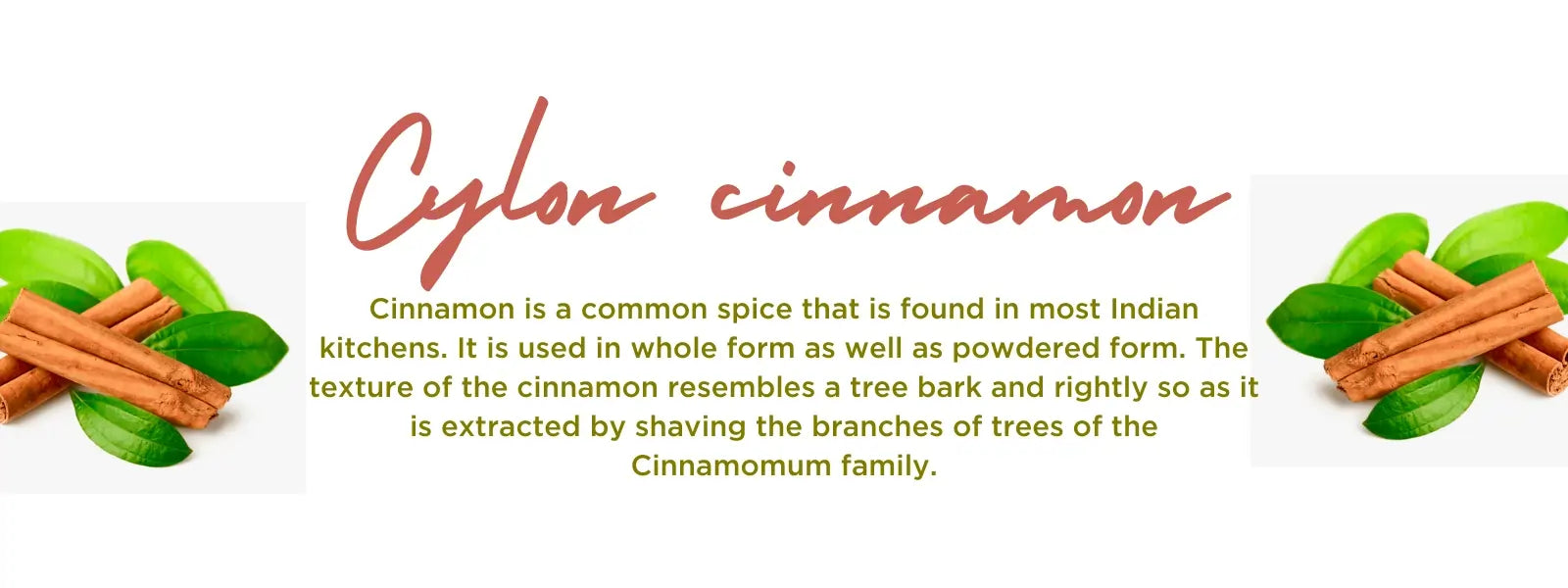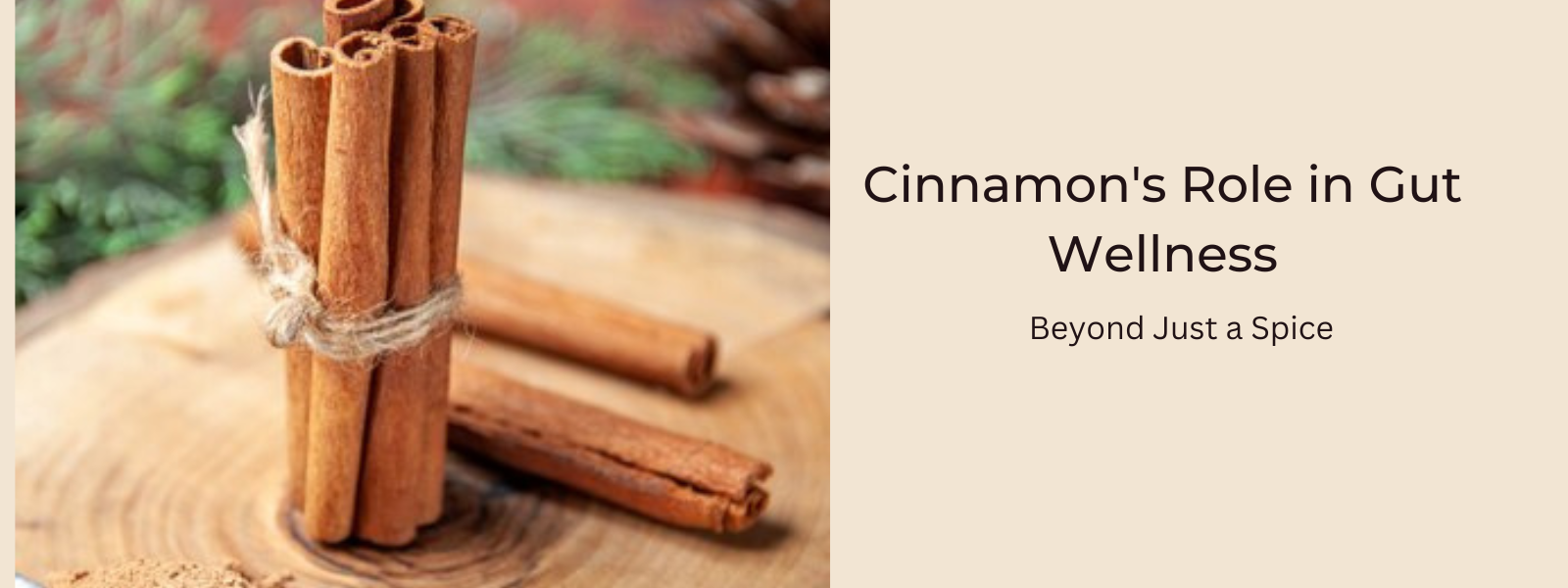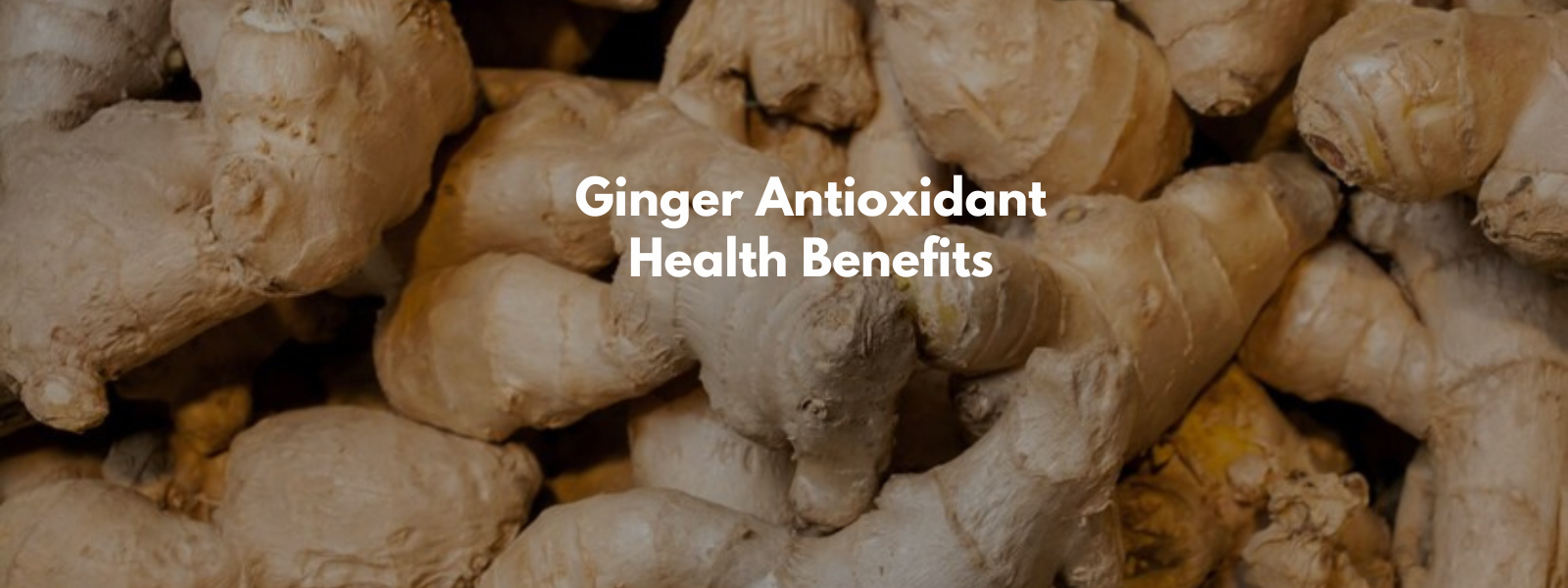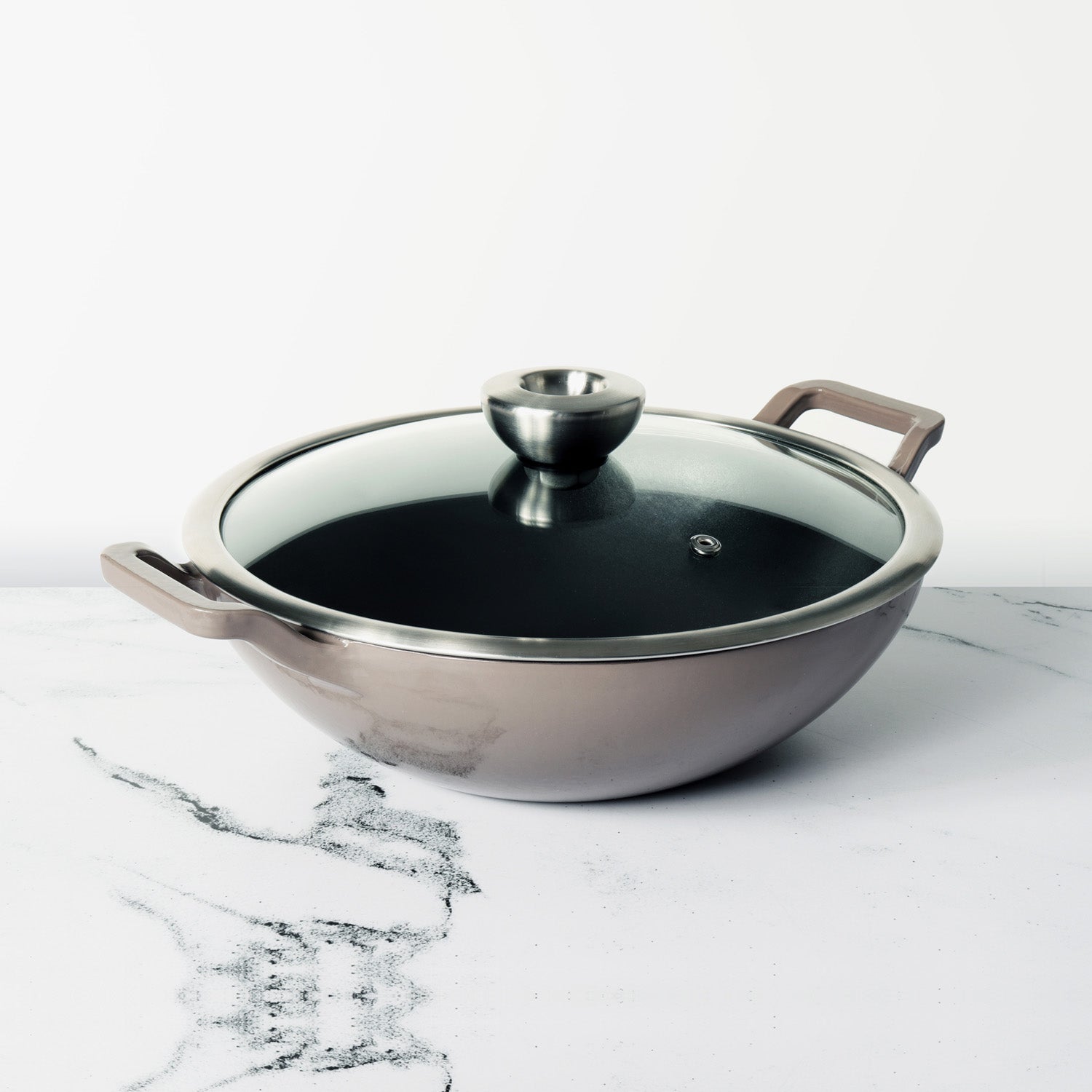Cinnamon is a beloved spice with a long history of both culinary and medicinal use. Derived from the inner bark of trees from the genus Cinnamomum, it is valued for its distinctive warm, sweet, and slightly spicy flavor. This spice has been treasured since ancient times, not only for its aromatic qualities but also for its health benefits. Used in both sweet and savory dishes, cinnamon holds a special place in various global cuisines and continues to be a popular ingredient in contemporary cooking and natural medicine.
Table of Contents
- 1. What is Cinnamon?
- 2. Nutritional Value of Cinnamon
- 3. Cinnamon and Antioxidants
- 4. Cinnamon Antioxidant Health Benefits
- 5. Cinnamon in Global Cuisines
- 6. Different Ways to Use Cinnamon
- 7. Popular Recipes with Cinnamon
- 8. Cinnamon Tea for Immunity and Weight Loss
- 9. Cinnamon Tea Recipe:
- 10. Conclusion
What is Cinnamon?
Cinnamon is obtained by stripping the bark from the cinnamon tree, which is then dried and curled into quills or ground into powder. There are two main types of cinnamon: Ceylon cinnamon, also known as "true" cinnamon, and Cassia cinnamon, which is more common and typically found in grocery stores. Ceylon cinnamon is milder and sweeter, while Cassia has a stronger, more robust flavor. Both types are used extensively in cooking and baking, but they also have distinct health properties.
Nutritional Value of Cinnamon
Cinnamon is rich in vital nutrients and provides several health benefits despite its low-calorie content. A teaspoon of ground cinnamon (2.6 grams) contains:
- Calories: 6
- Carbohydrates: 2 grams
- Fiber: 1.3 grams
- Protein: 0.1 grams
- Fat: 0 grams
- Vitamins and Minerals: High in manganese and contains small amounts of calcium, iron, and vitamin K.
Beyond these basic nutrients, cinnamon is packed with beneficial plant compounds, including cinnamaldehyde, cinnamic acid, and cinnamate, which contribute to its potent health benefits.
Cinnamon and Antioxidants
Cinnamon is renowned for its high antioxidant content, which helps protect the body from oxidative stress and free radical damage. The antioxidants found in cinnamon include polyphenols, phenolic acid, and flavonoids. These compounds not only combat oxidative stress but also enhance the spice's anti-inflammatory, antimicrobial, and immune-boosting properties. The most significant antioxidant compound in cinnamon is cinnamaldehyde, which also gives the spice its distinctive flavor and aroma.
Cinnamon Antioxidant Health Benefits
The antioxidants in cinnamon confer numerous health benefits, making it a valuable addition to a healthy diet. These benefits include:
- Anti-Inflammatory Properties: The antioxidants in cinnamon help reduce inflammation in the body, which is beneficial for conditions such as arthritis and other inflammatory diseases.
- Heart Health: Cinnamon has been shown to lower levels of bad cholesterol (LDL) and triglycerides while maintaining or increasing levels of good cholesterol (HDL). This helps reduce the risk of heart disease.
- Blood Sugar Control: Cinnamon can improve insulin sensitivity and lower blood sugar levels, making it particularly beneficial for individuals with type 2 diabetes.
- Neuroprotective Effects: The antioxidant properties of cinnamon can help protect the brain from oxidative stress and inflammation, potentially reducing the risk of neurodegenerative diseases such as Alzheimer's and Parkinson's.
- Antimicrobial Activity: Cinnamon’s antimicrobial properties help fight bacteria, fungi, and viruses, enhancing the body's ability to ward off infections.
Cinnamon in Global Cuisines
Cinnamon’s warm and versatile flavor has made it a staple in many global cuisines. In Middle Eastern and North African cooking, cinnamon is often used in savory dishes like tagines and pilafs. In Indian cuisine, it is a key ingredient in spice blends like garam masala and biryani. European and American cuisines frequently use cinnamon in sweet dishes such as pastries, cookies, and puddings. Its versatility extends to beverages as well, where it is a popular addition to teas, coffees, and hot chocolate.
Different Ways to Use Cinnamon
Cinnamon can be used in a variety of ways in both cooking and baking. Here are some popular uses:
- Baking: Add cinnamon to cakes, cookies, muffins, and bread for a warm, spicy flavor.
- Cooking: Use cinnamon sticks in stews, curries, and soups to enhance the depth of flavor.
- Beverages: Stir ground cinnamon or a cinnamon stick into tea, coffee, or hot chocolate.
- Seasoning: Sprinkle cinnamon on oatmeal, yogurt, or fruit for a healthy and flavorful boost.
- Preservation: Use cinnamon in pickling and preserving to add flavor and extend shelf life.
Popular Recipes with Cinnamon
- Cinnamon Rolls: Soft, sweet rolls filled with cinnamon-sugar and topped with a creamy icing.
- Apple Pie: A classic dessert where cinnamon is a key ingredient in the apple filling.
- Moroccan Tagine: A slow-cooked stew featuring meat, vegetables, and a blend of spices including cinnamon.
- Chai Tea: A spiced tea blend that includes cinnamon, cardamom, ginger, and other aromatic spices.
- Cinnamon Spiced Nuts: Roasted nuts coated in a mixture of cinnamon and sugar, perfect for snacking.
Cinnamon Tea for Immunity and Weight Loss
Cinnamon tea is a simple yet powerful beverage that can boost immunity and aid in weight loss. The tea harnesses the anti-inflammatory and antioxidant properties of cinnamon to support the immune system and enhance metabolic processes.
Cinnamon Tea Recipe:
- Boil a cup of water and add a cinnamon stick or a teaspoon of ground cinnamon.
- Let it steep for 10-15 minutes.
- Strain and add honey and lemon juice if desired.
- Drink daily to reap the health benefits.
Conclusion
Cinnamon is not only a beloved spice with a rich history and diverse culinary applications but also a potent health booster thanks to its high antioxidant content. Its benefits range from reducing inflammation and improving heart health to controlling blood sugar and protecting the brain. Widely used in global cuisines, cinnamon can be easily incorporated into a variety of dishes and beverages. Whether you’re adding it to your morning oatmeal, baking it into a dessert, or sipping it in tea, cinnamon’s unique flavor and health benefits make it an indispensable part of a nutritious diet.











Leave a comment